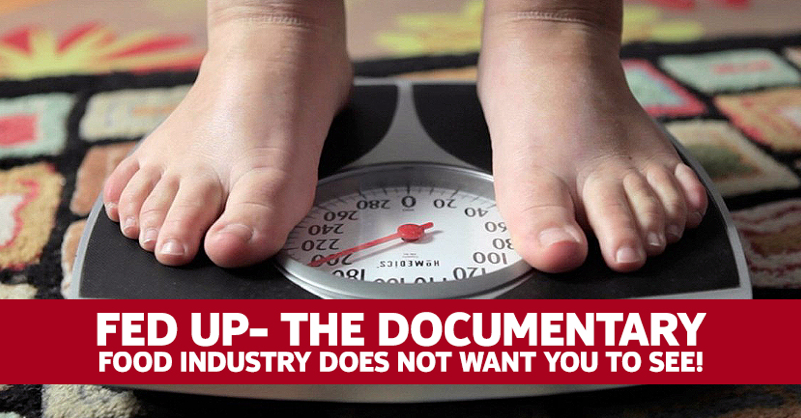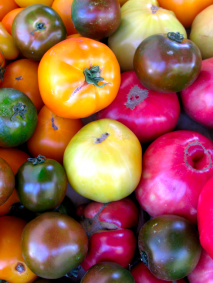The politics of good food and food advocacy : foodism
A while ago I wrote a post here about foodies , Instagram, eating with Instagram and foodies on Instagram and why I cannot stand all of this.
So I was very happy to read in The New York Times an excellent article by Mark Bittman on rethinking the word foodie.
As a food advocate I think is it urgent that we stop dumbing down food culture to foodies , food poseurs , Instagram food and force ourselves to look at the larger picture.
Food, like lodging , is a basic necessity . We should be morally concerned bout food , since it affects our health, our water supply , the quality of our soil, global warming and foreign politics.
As I drive down often from San francisco to Los Angeles I go through thousands of acres of vegetable and fruit fields . Bending over, rain or stifling heat, every day of the year , are the hundreds of immigrant workers that bring the broccolini, kale and spinach daily to our plates . Have you wondered how and if they are protected against the pesticides in those fields ? have you any interest in knowing if those fields are GMO ? have you ever questioned the quality and politics of subsidized factory farming ? Did you ask yourself what these workers will do when they are laid off because of the terrible California drought ? Do you shop for fruits and vegetables at a Safeways ? at a hypermarket ? do you buy your meat wrapped in cellophane or do you go to your local butcher ? do you support your local farmer’s markets or would you rather go to Whole Foods and get cherries from Chile ? How much fresh food do you waste ? do you throw away food ? do you eat processed and prepared foods?
Good food is a right . Sourcing, cooking and enjoying good foods connects us with the world, nature and all living things .Through food we can understand a country’s culture , sharing food with someone is a way of bonding over something that everyone understands and should respect. Advocating just , fair trade , seasonal , local and sustainable food is called being a foodist . Liking food and ignoring all the above is being a foodie. But then , at the end of the day, it is just semantics , so haul your ass over to a farmer’s market , buy some good food , take the time to enjoy the process , see where the food comes from , cook it simply and then eat it mindfully and not while you are in front of the tv.
If you want to go deeper into the food industry from an artistic point of view, music producer Matthew Herbert did an album in 2005 called Plat Du Jour about bad food and the food industry. He also did an album in 2011 called One Pig which is : the story of a single, anonymous farm animal’s journey from birth to plate. The album is an elegy to a life lived for the benefit of humans and raises complex questions about our relationship to these often-maligned and misunderstood creatures.
Matthew herbert is but one of many artists who are trying to raise awareness about the food industry through their art .
I also posted this summer here The Marvelous Sugar Baby , a massive sugar sphinx sculpture by the artist Kara Walker or a reflection about the sugar industry and slavery . The Marvelous Sugar Baby coincided with the release of the disturbing feature documentary Fed Up , watch the trailer here . Fed Up is about how Americans are being poisoned by sugar consumption and how the government is allowing this to happen in the same way as it allowed the tobacco industry to flourish and become a political game-player in Washington from the 50’s onwards .
Here is Mark Bittman’s New York Times article in full :
At a dinner party the other night where people were asked to say a word about themselves, one woman said, “My name is” — whatever it was — “and I’m a foodie.” I cringed.
I’m not proud of that visceral reaction; in fact, I think it’s wrong. But I do wish there were a stronger, less demeaning-sounding word than “foodie” for someone who cares about good food, but as seems so often the case, there is not. Witness the near-meaningless-ness of “natural” and “vegetarian” and the inadequacy of “organic” and “vegan.” But proposing new words is a fool’s game; rather, let’s try to make the word “foodie” a tad more meaningful.
As it stands, many self-described foodies are new-style epicures. And there’s nothing destructive about watching competitive cooking shows, doing “anything” to get a table at the trendy restaurant, scouring the web for single-estate farro, or devoting oneself to finding the best food truck. The problem arises when it stops there.
More conscious foodies understand that producing food has an effect beyond creating an opportunity for pleasure. And this woman was not atypical: She’s into sustainability (“We have to grow our food better, right?”), organic (though for all I know this means organic junk food) and local food. She shops at farmers’ markets when she can. She cooks.
We can’t ask everyone who likes eating — which, given enough time and an adequate income, includes everyone I’ve ever met — to become a food activist. But to increase the consciousness levels of well-intentioned foodies, it might be useful to sketch out what “caring about good food” means, and to try to move “foodie” to a place where it refers to someone who gets beyond fun to pay attention to how food is produced and the impact it has.
The qualities that characterize good food vary within a narrow range. Good food is real, it’s healthy, it’s produced sustainably, it’s fair and it’s affordable. Maybe it’s prepared at home, though if communal kitchens or restaurants can deliver those qualities, I’m all for that.
None of this is complicated, but simple doesn’t mean easy. “Real” means traditional; if it existed 100 years ago, it’s probably real. Hyperprocessed is neither real nor healthy. No single factor is causing our diet-related health crisis, but some things we eat are making us sick and it’s more likely that the culprits are added sugars, not asparagus. So, “healthy” most likely will always be “whole” or even “real.” This doesn’t mean we should eat more watercress because it’s a superfood, high in some supposedly critical nutrient, but it does mean we want to eat more fruits and vegetables. As we know.
“Sustainable” (or “green,” another word that’s been rendered near-meaningless) suggests resource-neutral, or as close to it as we can come. There is farming, not necessarily organic, that puts as much back into the soil as it extracts; it also uses water in a way that will guarantee a supply for the future. We can call that “sustainable.”
“Fair” and “affordable” are very tough. As Margaret Gray discusses in her excellent book, “Labor and the Locavore,” we cannot achieve ethical consistency in producing food without paying attention to labor. (Animals are important too, but I suppose I’m an anthro-chauvinist.) For food to be affordable, people — all people — must earn living wages; alternatively, good food must be subsidized. Both conditions would be even better. (As almost every foodie knows, we’re currently subsidizing bad food.)
Some of these qualities can be controlled by individuals: Most of us can eat real and healthier food easily enough, and, as it happens, growing such food tends to be more sustainable. On a grand scale, we need societal changes and government support to make this more accessible to everyone. But — and this is the part I like best — making good food fair and affordable cannot be achieved without affecting the whole system. These are not just food questions; they are questions of justice and equality and rights, of enhancing rather than restricting democracy, of making a more rational, legitimate economy. In other words, working to make food fair and affordable is an opportunity for this country to live up to its founding principles.
So shifting the implications of “foodie” means shifting our culture to one in which eaters — that’s everyone — realize that buying into the current food “system” means exploiting animals, people and the environment, and making ourselves sick. To change that, we have to change not only the way we behave as individuals but the way we behave as a society. It’s rewarding to find the best pork bun; it’s even more rewarding to fight for a good food system at the same time. That’s what we foodies do.
Link to the article is here.




